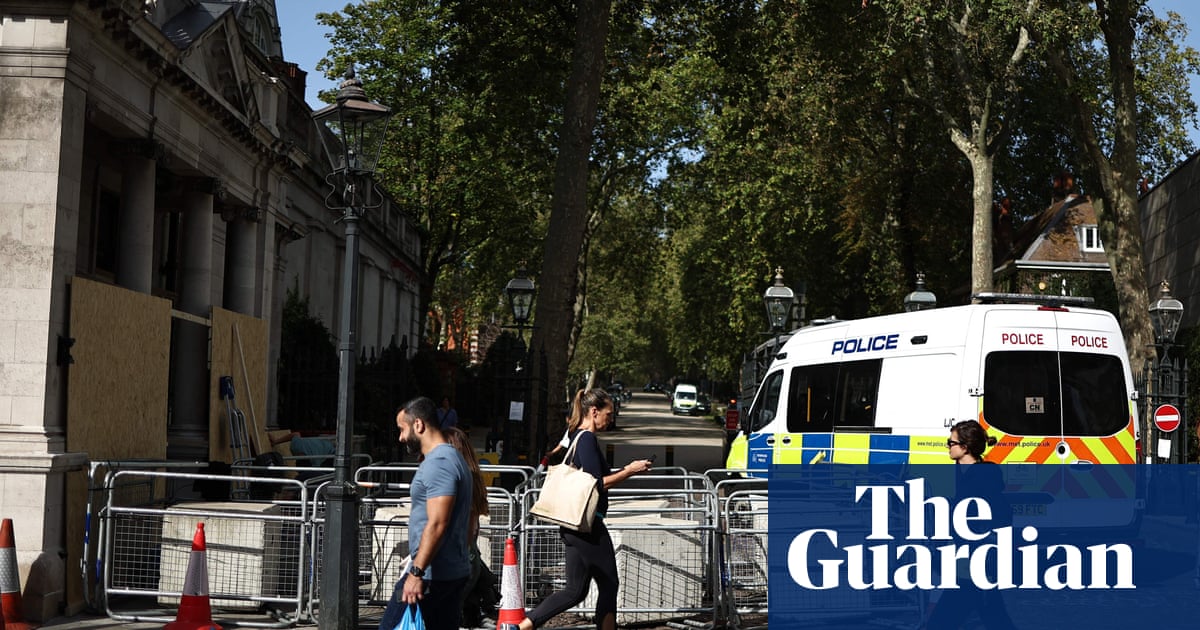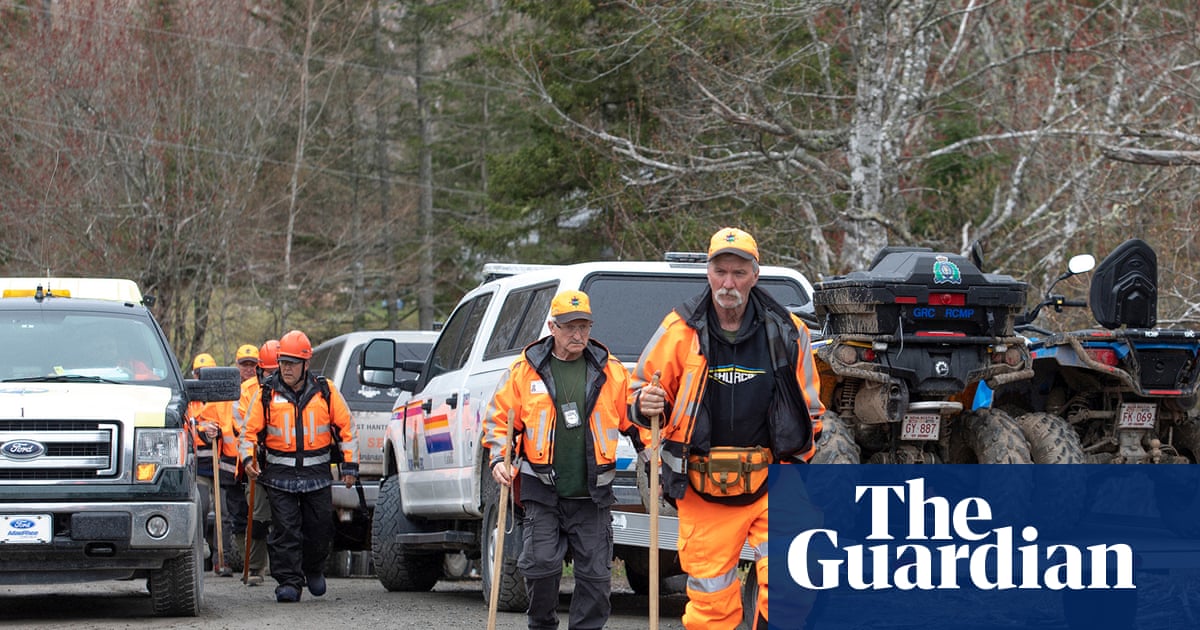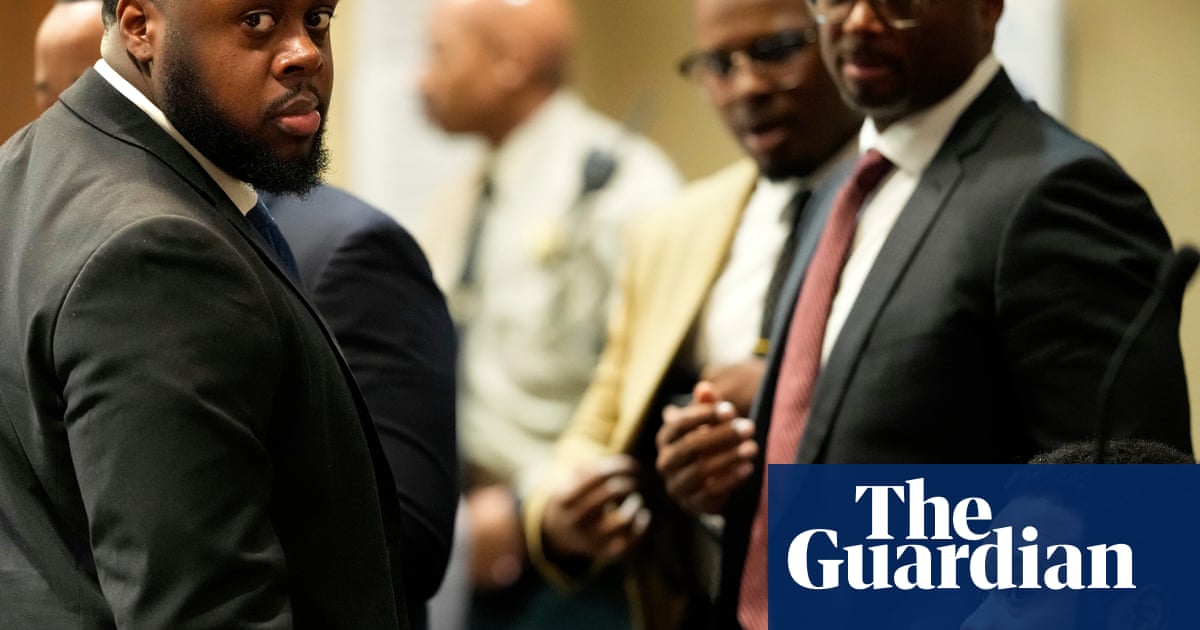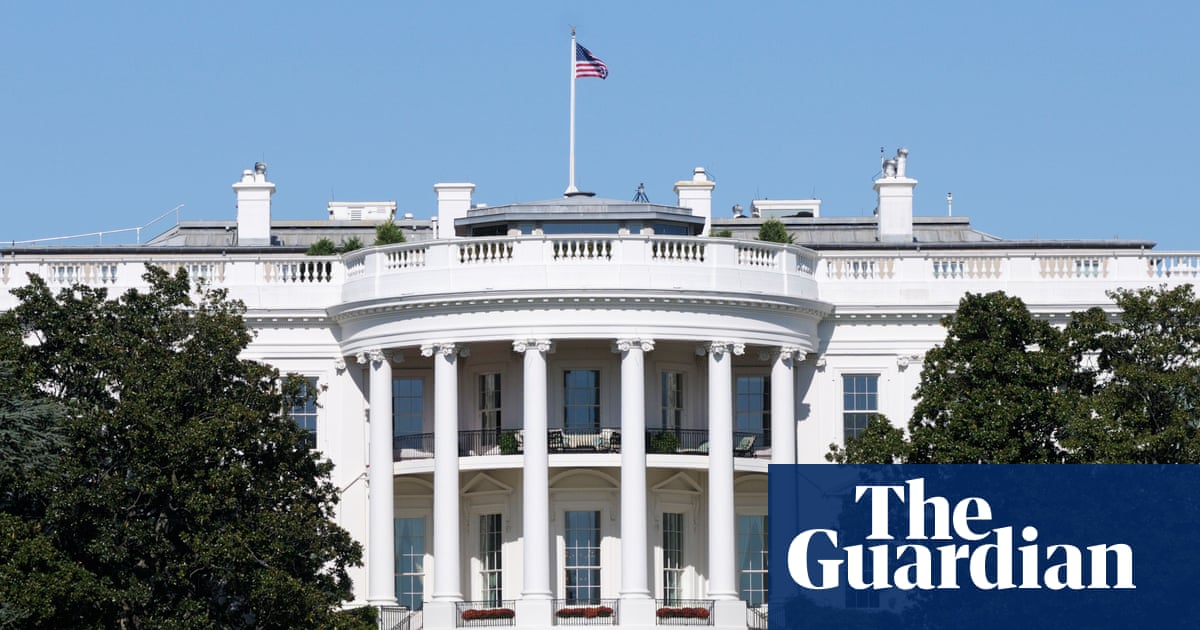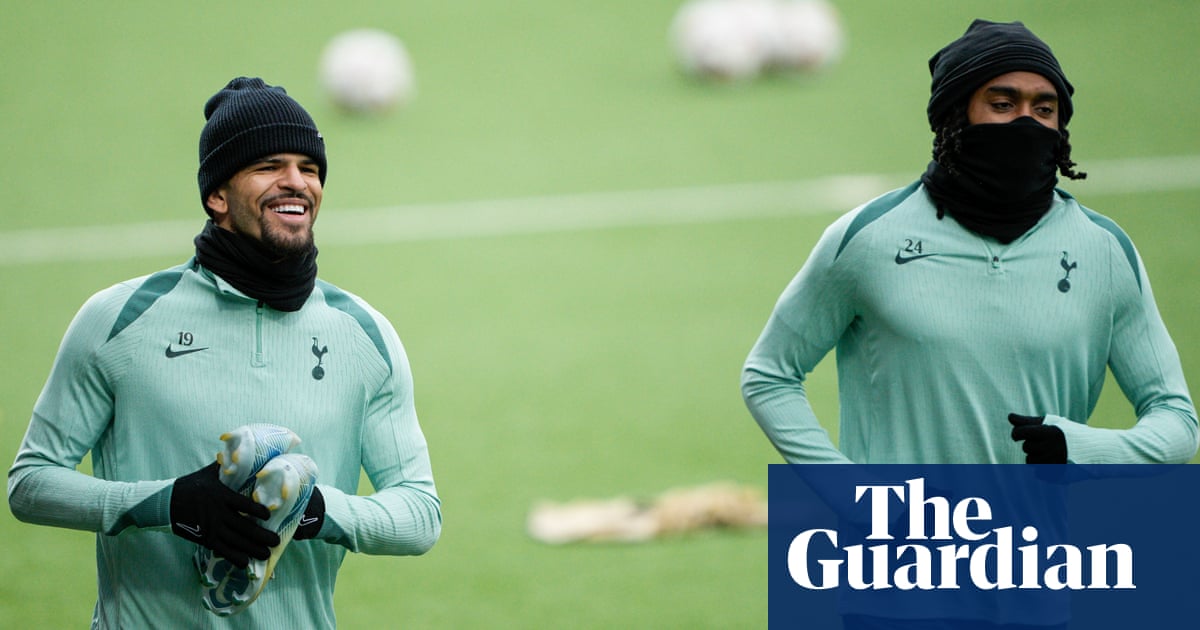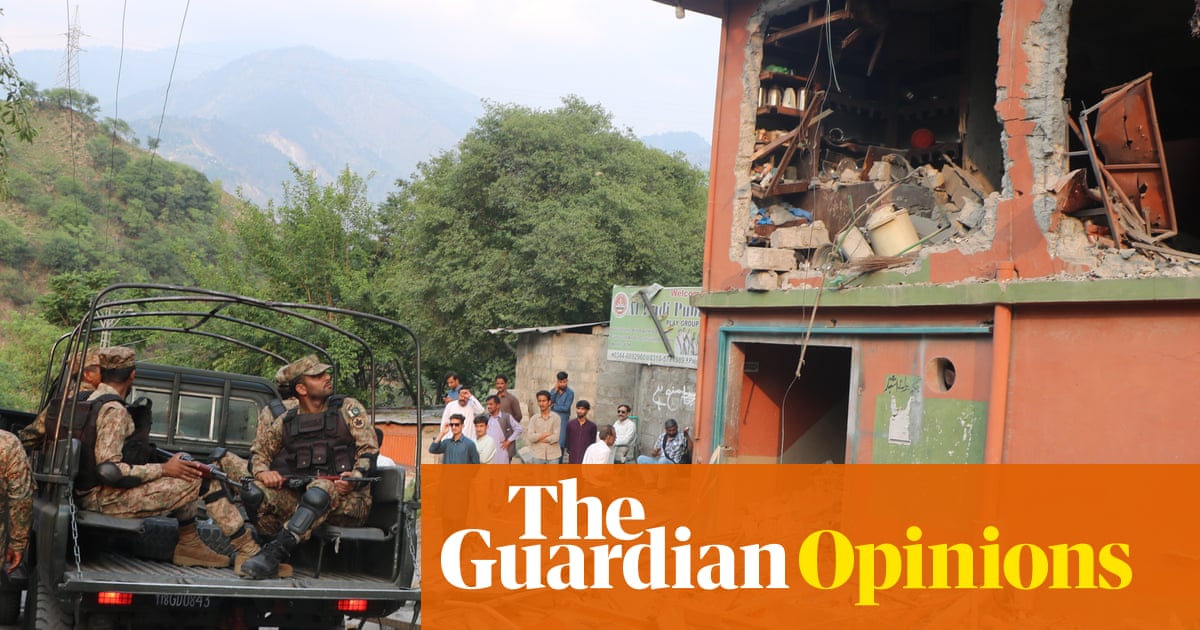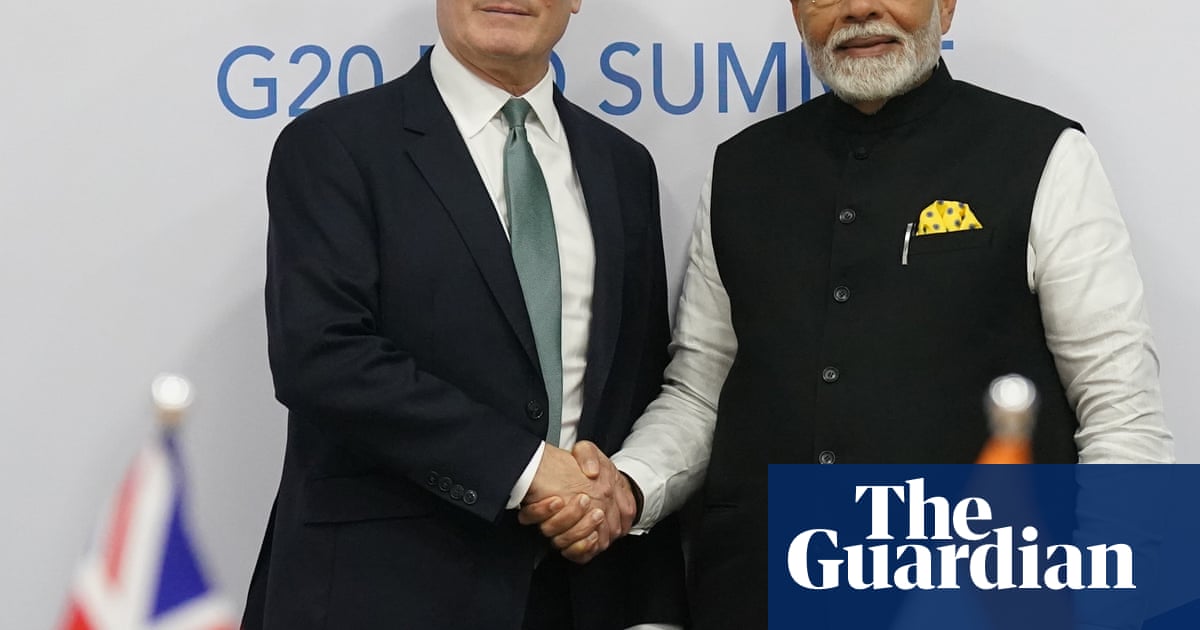When I was doing GCSEs and my sister was doing A-levels, we were on our way to school for my physics and her maths exams when we had a huge fight at the bus stop. I can’t remember what it was about, but she definitely started it. I took a different route and was 20 minutes late for my exam while she took the original bus and spent the first quarter of her paper getting asked by teachers if she knew where I was. The beauty of this story is that I got an A and she got a B, but the relevant bit is that our mum didn’t know any of this – didn’t know we’d fought, didn’t know I’d been late, didn’t know my sister had got distracted, didn’t know why I was laughing so hard on the third Thursday of August.
Parents are now asking for “exam leave” from work to get through their children’s GCSEs and A-levels. The sheer emotional investment – never mind the time, energy and organisation involved these days – is extraordinary. So I have to note from the outset that this is a choice: there was a time in living memory when parents just left kids to it, and we all survived.
Nonetheless, it doesn’t feel like a choice. They say a family is only as happy as its least happy member, and if you just break down “happiness” into some of its components – leisure time, mental peace, self-esteem – you’ll have an idea why nobody in a GCSE household can relax until 19 June. First, these public exams seem more consequential, and the standards higher than ever: there are universities that won’t even look at you unless you have straight 9s. There are jobs, PhD courses and scholarships choosing between two candidates on minute differences in their GCSE results. Or that’s the rumour, anyway – there’s no way to actually bottom it out, no central database of “this is how seriously we take GCSEs”, and everyone has an anecdote.
Among state-school kids, there is a widespread, possibly universal perception that private schools are gaming the system. This was laid bare during Covid, when analysis repeatedly showed private-school pupils enjoying what was euphemistically described as the “largest boosts in their fortunes” from teacher-assessed grades. Even after that scandal, which you’d think would have shamed them a little, there remain some pretty rum coincidences: how is it that 42% of private-school pupils get extra time in exams compared with 26.5% of state-school students? Does being rich make you more likely to be dyslexic?
The upshot is that even though grades 7 to 9 all count as an A in old money, many perfectionist students think of 7s and 8s as a runners-up prize. The problem is, 9s are actually incredibly hard, so the amount of work you have to put in is insane. My niece did 700 hours of revision; my daughter has done more work this year than the rest of the family combined (and I have a job!); a friend’s daughter drinks ginger shots because she doesn’t have time to drink a whole glass of water. Phase Space is a VR startup that’s developed a course for exam stress – there are five seven-minute modules built by medical students at St George’s hospital trust. I managed to borrow one for all the kids to use (the older two are in year 12 and have mocks), but I’m the only person who’s had time to try it (it’s great – if you think I don’t sound relaxed, you should have heard me before).
I’m not taking exam leave, but I am, no question, always home unless the kids are with their dad; I hover, make unhelpful suggestions, offer unwelcome consolation and muffins. I can scrape together some opinions on Animal Farm and how to say “since” in French, but beyond that I have no practical use except to dispense glucose tablets and hay fever medicine.
Truthfully, I’d have it this way over the other way, where parents could glide past exam season, pausing only to notice that it was hot for the time of year. There’s still a huge amount going on with teens that they won’t tell you, so if the price for being let in is that I have to engage in conversations that make my brain hurt (about calculating the area of the wedge between two circles), then that makes it worth it. Nevertheless, roll on the long summer.
-
Zoe Williams is a Guardian columnist

 17 hours ago
8
17 hours ago
8
